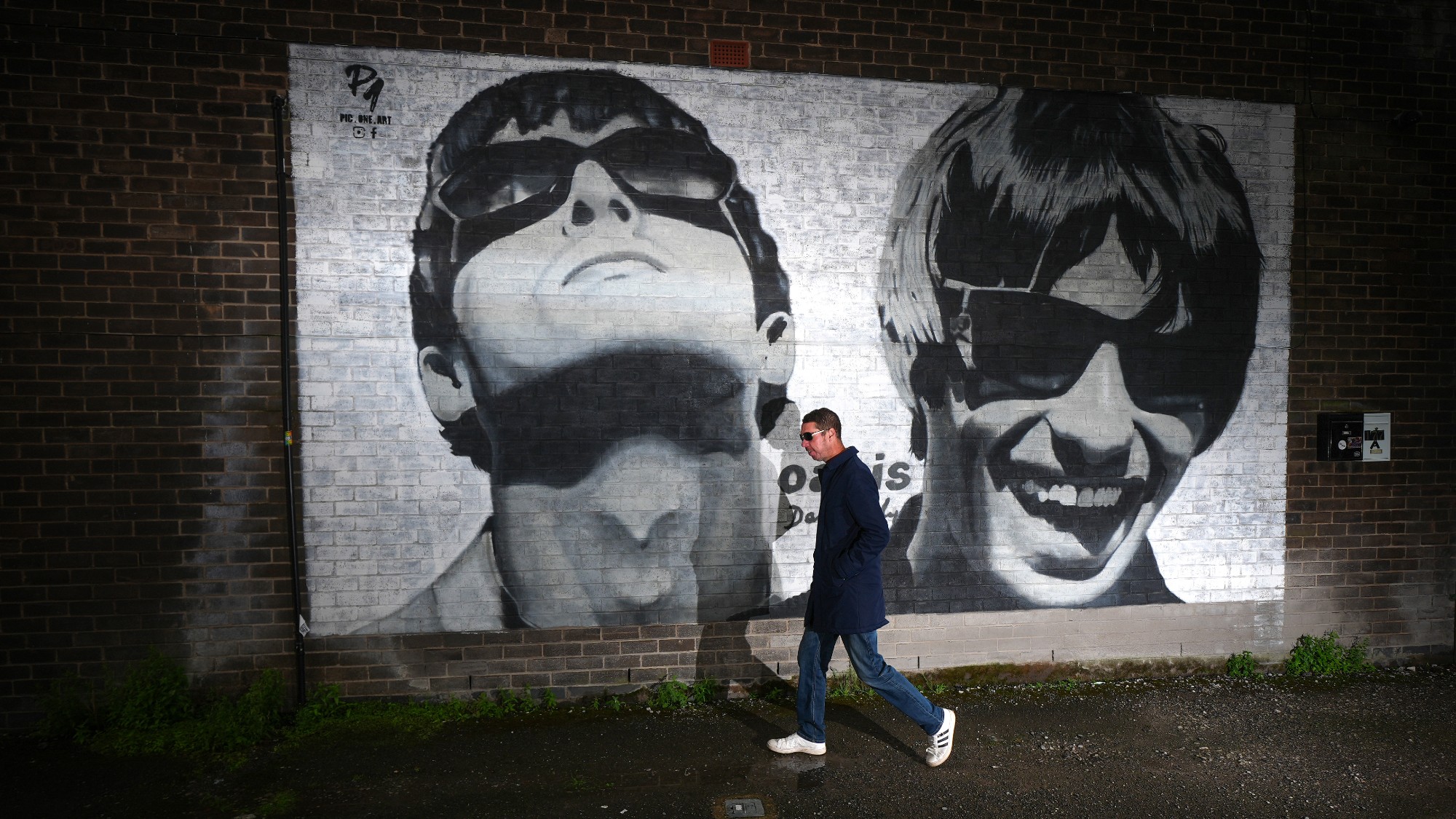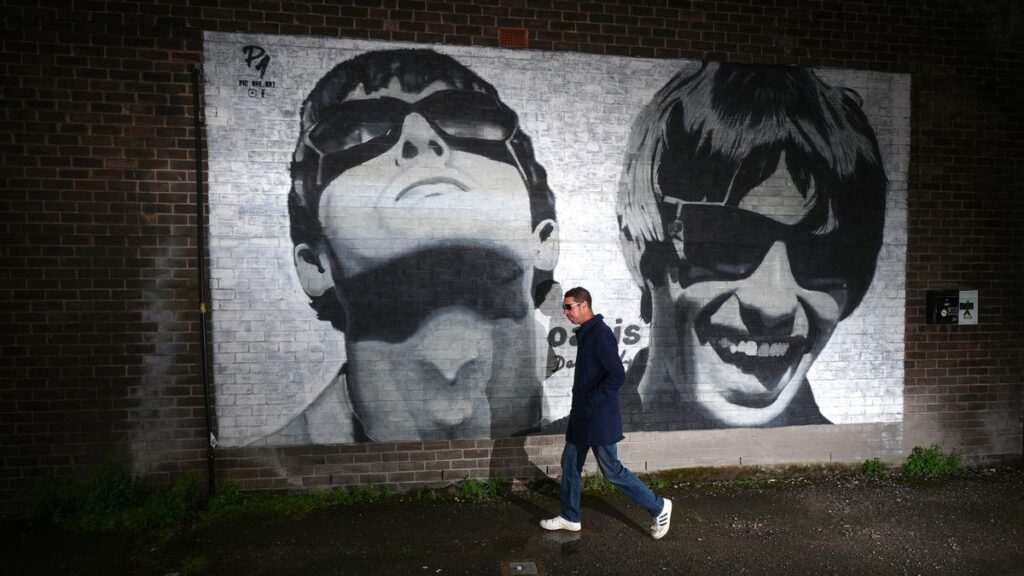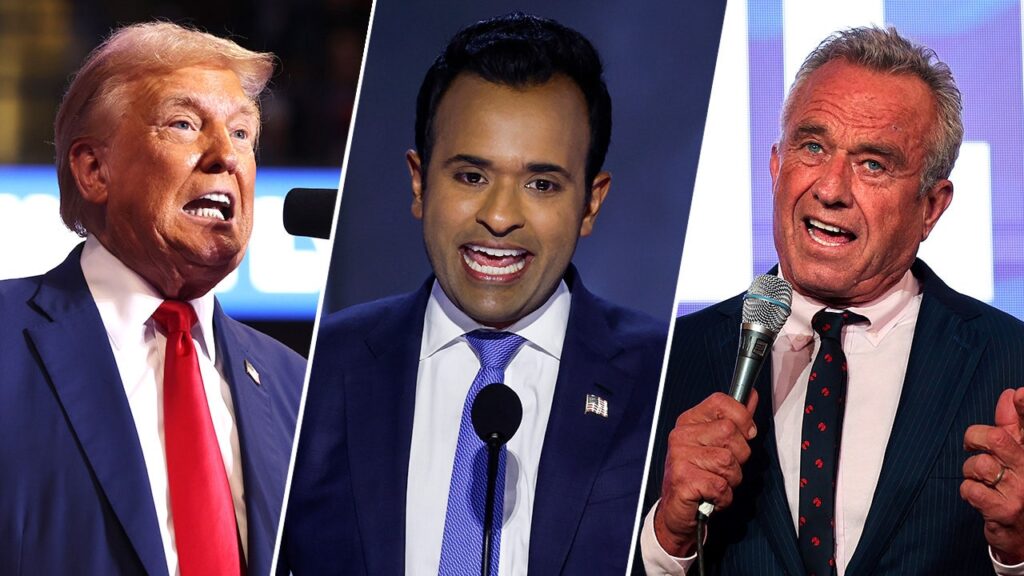The desperate race to buy tickets for the Oasis reunion tour, now sold out, was an eye-wateringly expensive one for many fans who made it to the end of the lengthy digital queue to discover basic standing tickets priced at more than £350.
The inflated costs are the result of “dynamic pricing”, which increases ticket prices in line with demand. “Simply put,” said Sky News, “ticket prices would come down if people voted with their feet.”
Tickets for the 17-date tour were expected to be “snapped up in minutes”, said The Guardian. Instead, eager Britpoppers were stuck in online queues for several hours, only to find basic standing tickets advertised at £148.50 were rebranded as “in demand” and given a new price of £355.20. The Guardian‘s North of England editor Josh Halliday spent six hours waiting to end up paying “£361 to stand in my local park”, which is the “same price as Glastonbury Festival and more expensive than four nights in Sharm El Sheikh.”
Subscribe to The Week
Escape your echo chamber. Get the facts behind the news, plus analysis from multiple perspectives.
SUBSCRIBE & SAVE
Sign up for The Week’s Free Newsletters
From our morning news briefing to a weekly Good News Newsletter, get the best of The Week delivered directly to your inbox.
From our morning news briefing to a weekly Good News Newsletter, get the best of The Week delivered directly to your inbox.
‘Changing demand’
The “culprit” is dynamic pricing, The Guardian explained: “when a seller does not set a fixed price for their product, but instead adjusts what they charge in response to changing demand.” It’s a tactic long used by airlines and hotels, as well as ride-hailing apps such as Uber, well known for “surge pricing” when drivers are busiest.
But while dynamic pricing for live music is common in the US, artists touring the UK have “historically been more restrained” and kept prices low. That changed with the rise of online booking sites such as Ticketmaster, which allows promoters and artists to decide whether they want to set a fixed price for tickets or adjust it according to supply and demand.
“I think dynamic pricing (aka ripping off fans) can only happen if a band agrees, if so, what Oasis have done to their fans is unforgivable,” the Daily Mirror quoted one as tweeting. “They became the touts.”
‘Bigger spectacles’
Culture Secretary Lisa Nandy said it was “depressing to see vastly inflated prices excluding ordinary fans” and has promised the Government’s consultation into ticket sales will “include issues around the transparency and use of dynamic pricing”.
However, booking agent Matt Hanner, founder of Runway Artists, said it was fan desire to see their favourite bands that had led to the rise in ticket prices. “There’s a growing number of people that are happy to spend a large chunk of their disposable income on going to a major music event,” he told Sky News.
Jon Collins, chief executive of LIVE, which represents the UK’s live music industry, agreed. He said there was “massive appetite” for “bigger spectacles” and those had more costs involved, as well as venue costs increasing due to the rise in gas and electricity prices and wages. “At every stage of the process we’ve got these cost increases that will all push through the pressure on the ticket price.”
Indeed, added the Josiah Bartlett Center for Public Policy think-tank, dynamic pricing was the only way some acts could do a show. Without it, for instance, Van Morrison would never have been able to play an intimate gig at a nightclub in New Hampshire with a capacity of only 312 people. “To make that small venue work, prices had to be many times higher than for one of his regular shows,” it said.
After all, it added, “no one complains when vendors have to slash prices to clear inventory that they priced too high”.



